These past weeks in Malaysia have been challenging for all of us. All of us wish we had a reset button which could make all of this go away. We wish we could wake up from this nightmare and know it was a dream. But this immensely challenging reality is here to remain with us for a while. Malaysia has now reached the Recovery Movement Control Order (RMCO) process, which is supposed to last from June 10th to August 31st, 2020, thanks to the decrease in COVID-19 positive cases. We're going to have to look at what this really means.
Many people have the false expectation that we can go back to our normal lives. It can only possible If one of three things occurs, then we only can return to our old habits. First, if the virus dies due to effective worldwide lockdowns. Second, if we are able to find a solution that can cure huge numbers of people and decrease the severity of the disease. And thirdly, if we are developing rapidly a highly effective vaccine that can be mass-produced and distributed to large numbers of the population to give us immunity. All these possibilities are extremely unlikely, and you'd be fooled to believe that's going to end. There's no instant going back to the old ways. But surely we can follow the guidelines to stop spreading the deadly virus.
In a declaration by Prime Minister Muhyiddin Yassin, the Prime Minister announced that Malaysia may now enter the Perintah Kawalan Pergerakan Pemulihan (PKPP) process or the Recovery Movement Control Order (RMCO) due to the decrease in regular positive COVID-19 cases. You can rejoice now because there will be a lot fewer restrictions in this new stage.
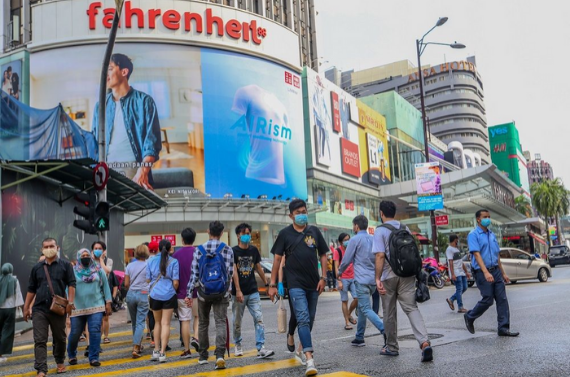
During the RMCO, most parts of the economy will be permitted to reopen. This includes barbershops, hair salons, and beauty parlors. Yes, finally, you can look decent again. ;) Both markets will also be required to reopen — including morning markets and night markets. Earlier restricted industries that were not allowed to operate as during CMCO will be steadily resumed in stages, with some caveats. Businesses also can operate in their past regular hours. There are, of course, standard operating procedures (SOPs) to be followed. In the near future, according to its sectors, these will be announced.
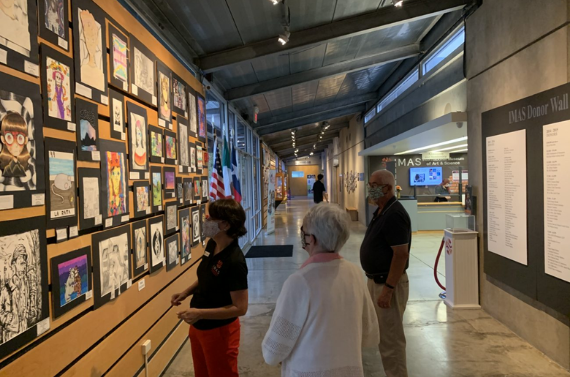
The Prime Minister has announced that museums can now be re-opened so that you can get your dose of cultural understanding. Other operations, including indoor busking, fishing, and such like, are now permitted. You can also travel domestically now.
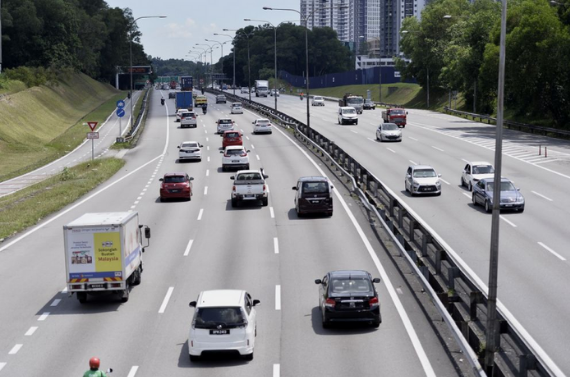
Yes. Interstate travel is now permitted, except for red zone areas. You can visit your family now, but be careful to visit elderly people, as they are the riskiest people to catch COVID-19. The Prime Minister also mentioned that domestic travel is now permitted, which ensures that Cuti-Cuti Malaysia is officially on board. Whenever you need to satisfy that wanderlust, it's a great chance to get to know Malaysia better. But sadly, international travel is still banned!
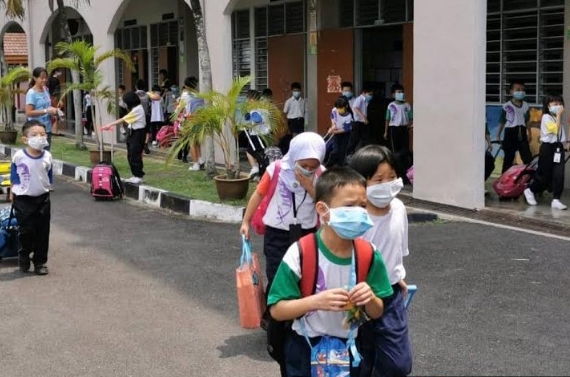
Workshops and meetings are now permitted, as long as social distances are formed. Ensure that these gatherings are adjusted to the size of the room and perform good social hygiene. That means the masks on and the hands are clean. Schools, on the other side, will be steadily reopened on the basis of the recommendations of the Ministry of Health. Much on this to be finalized in the upcoming days.

Sounds like a lot of restrictions are being lifted, but what's still not permitted? Well, as of now, pubs, nightclubs, karaoke outlets, theme parks, and reflexology centers have to remain closed until further notice. Open houses, wedding ceremonies, and any activity that involves a massive gathering of people in the area are still not allowed.
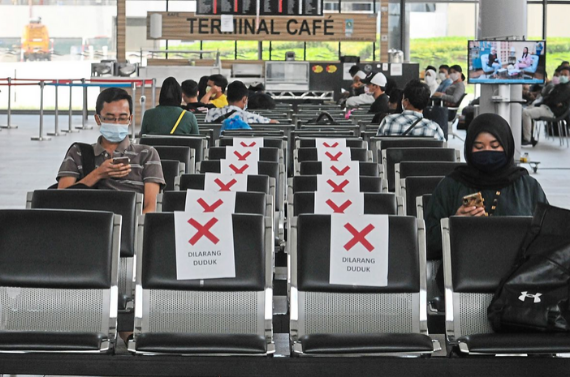
We need to start social distancing as the new norm. All social gatherings need to be significantly overhauled. Both sporting events, weddings, funerals, birthday parties, etc. will be broadcast live and not attended, except for the members or close family (not just relatives). All organizations, colleges, schools, and universities will have to reconsider working and teaching methods, seating arrangements, toilets and pantries/canteens, conferences, etc. We will have to avoid crowds everywhere, restrict physical contact, and practice physical (social) distancing from outside the home at all times. That will include travel, shops, supermarkets, play areas/parks, recreation areas, religious places, hotels, etc. Whatever can be arranged online – meetings, shopping, socializing, training, entertainment, etc. – must be moved there. We're going to have to change a lot, a lot of things, even guidelines for elevator use and space-out on escalators.
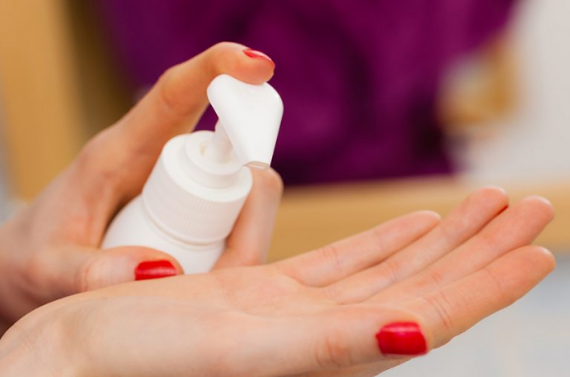
We've all heard the message loud and clear, and we'll need to take care of it all the time: wash or sanitize your hands after every exposure, never touch your face outside the house, and often sterilize the surfaces. As a society, our level of hygiene and sanitation is going to have to exceed even the greatest country in the world. After we come into contact with each other, we will have to be proactive in cleaning surfaces. Taking alcohol-based hand sanitizers will have to be normative and routine for months, if not years. We 're going to have to train all our cleaners to clean all contact areas properly.
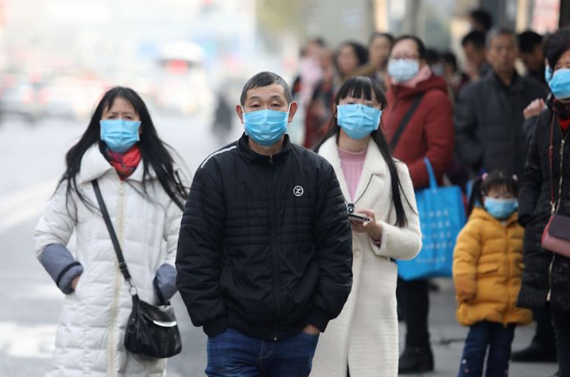
At any moment, on any specified day, a small percentage of the population will have a slight respiratory disease. It must be our habit to wear a mask when we have a fever, a running nose, or a cough. Ideally, if we are ill, we should stay at home. Employers and educational institutions must be responsive to ill people and offer (paid) home leave easily. Carrying extra masks must become routine, and we should consider using them when in a confined area with others especially when travelling together. We have to take it seriously all the evidence that emerges that the routine, widespread use of masks (also handmade cloth masks), as in South Korea, Japan, and China, helps to significantly decrease the spread of Covid-19. We might want to follow this strategy.
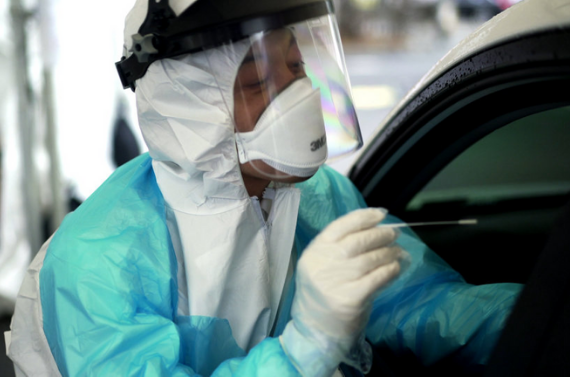
Although we relax the partial lockdown measures, we should be conscious that the coronavirus doesn’t start spreading again. We require large scale testing that will help us identify individuals while they are still asymptomatic and allow for early self-isolation. In particular, mass testing should be provided and prioritized for healthcare professionals in general practice and out-patient clinics, teachers, delivery service providers, work in supermarkets, and other massive public interaction locations.
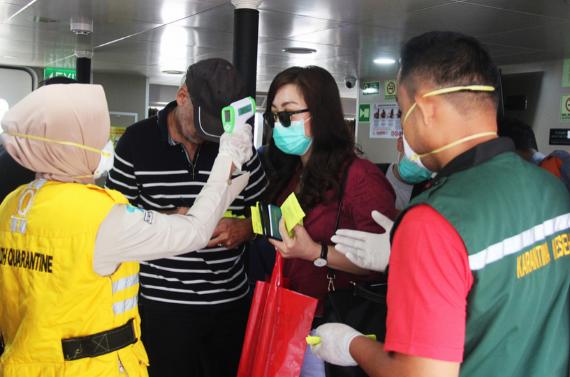
As we lift or ease restrictions on travel we carry the risk of new infections entering the country. We may have to test all those coming into this country, but that can only be done with rapid test capability. Those who frequently travel (e.g. daily to and from Singapore) will be a major concern. For some who have been infected and recovered (there is no presumption of re-infection), a test showing antibodies (healed from the infection) could be catalogued on a "coronavirus test result card" which is carried by everyone. Any travellers allowed to enter Malaysia during the MCO will undergo speedy COVID-19 checking upon arrival. All who test positive will be immediately transferred to a designated government hospital for treatment, and those who test negative will be allowed to undergo a compulsory self-quarantine lasting 14 days. As of June 10, 2020, this quarantine can be done at home instead of in a quarantine centre designated as such. Travellers will be allowed to install the MySejahtera application, and a wristband will be provided during their self-quarantine time for identification and monitoring by the government.
We have to face the reality that Covid-19 may have been around for a long period of time and that we may often see outbreak phases. The simple truth is that every Malaysian now needs to begin to plan and think. As we have said, we have to cooperate with each other and work as a family. There can be no place for sectary distinctions, whether religious, political, or cultural. This virus has the potential to injure our entire nation and every single person. We can only conquer it together. It can certainly be tough to break old habits and create new ones, so don't rush into too much and exhaust yourself, conversely take baby steps. Take it slow, then get back to the old pace.